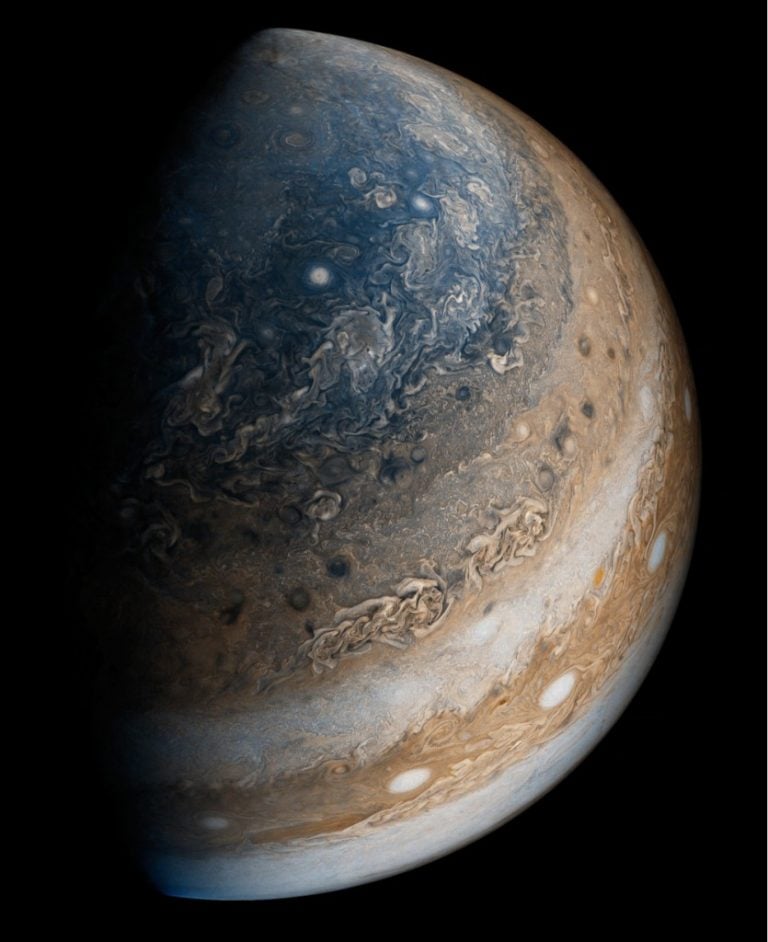Pluto is associated with the zodiac sign scorpio. Venus was named after the roman goddess of love and beauty.
Why Are Greek Gods Named After Planets, The ancient greeks first named the planets after their light. Who came up with the word planet?. Aris or ares was the greek god of war.

Neptune was the roman god of the sea. As we all know, we have nine planets. The fifth planet from the sun, is the largest planet in our solar system. Why were the planets named after gods and goddesses?
Fun facts for today — Steemit Aphrodite is the greek name of the planet venus, which is named after aphrodite, the goddess of love.
Marduk (zeus, jupiter) god of farming: They take their names from shakespearean characters such as titania, miranda, and caliban. Jupiter was the king of the roman gods, and saturn was the roman god of agriculture. They�re actually roman gods, not greek (except earth of course). Marduk (zeus, jupiter) god of farming: Advertisement uranus is also visible without a telescope, but it moves so slowly across the sky that it was mistaken for a star until william herschel proved it was a planet in 1781.

Uranus Encyclopedia 101 by Gabrielle Wells, The ancient greeks first named the planets after their light. Neptune was the roman god of the sea. The moon�s of our solar system started off being named for greek and roman deities, but they�ve branched out to include other mythologies such as norse and inuit. Mercury was named after the roman god of travel. In german it is �erde�.

How Did The Get Their Names? » Science ABC, Neptune was the roman god of the sea. From mercury to apollo to artemis, retracing the origins of nasa�s most iconic names. The greek name of the planet venus, which is named after aphrodite, the goddess of love. This is because the romans, who worshipped the same gods but gave most of them roman names, named the planets: So originally,.

Fun facts for today — Steemit, Marduk (zeus, jupiter) god of farming: The name earth is an english/german name which simply means the ground. They�re actually roman gods, not greek (except earth of course). I did a little research and found out that earth is the only planet not named after a god. Ancient greeks thought that the moving stars moving across their night sky were.

Origin Of Month And Day Names In5D In5D, Venus was named after the roman goddess of love and beauty. When further planets were discovered, the trend just continued. The moon�s of our solar system started off being named for greek and roman deities, but they�ve branched out to include other mythologies such as norse and inuit. Why were the planets named after gods and goddesses? Ancient greeks thought.

Science Why Uranus Is So Weird? Interesting, A lot of moons and asteroids have named after stuff in roman mythology. In greek the name of the. The greek name of the planet mars, the fourth planet from the sun, also known as the red planet. The moon�s of our solar system started off being named for greek and roman deities, but they�ve branched out to include other.
I did a little research and found out that earth is the only planet not named after a god.
Jupiter was the king of the roman gods, and saturn was the roman god of agriculture. Marduk (zeus, jupiter) god of farming: The moon�s of our solar system started off being named for greek and roman deities, but they�ve branched out to include other mythologies such as norse and inuit. Venus was named after the roman goddess of love and beauty. Advertisement uranus is also visible without a telescope, but it moves so slowly across the sky that it was mistaken for a star until william herschel proved it was a planet in 1781.







